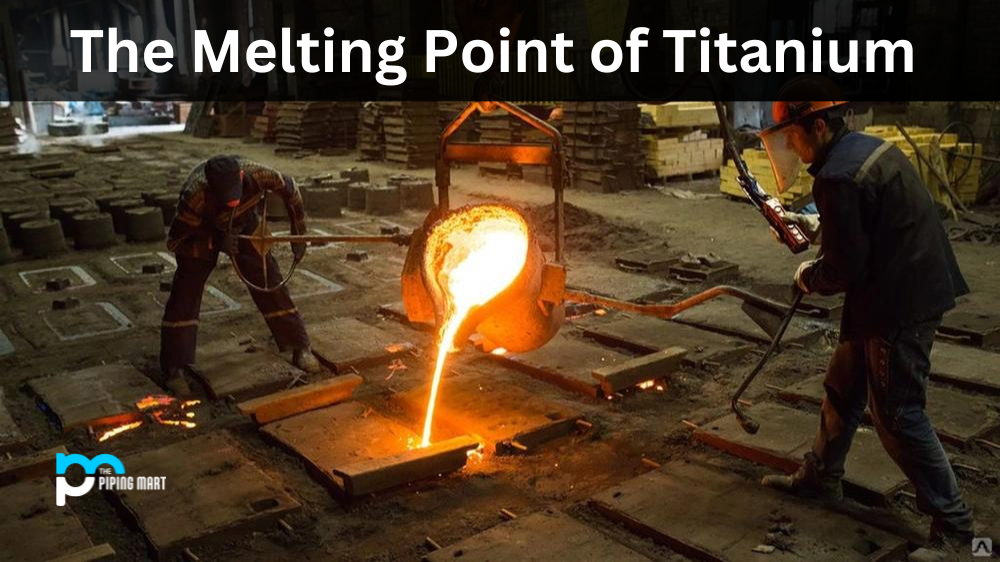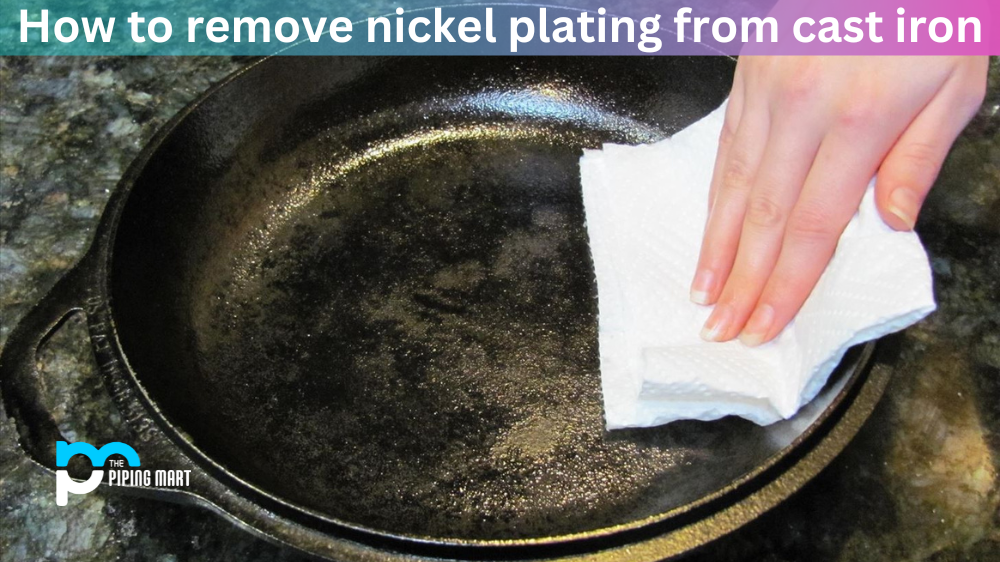Have you ever wondered what the melting point of titanium is? It’s an interesting question to ask, as titanium is one of the most widely used metallic elements in the industry. Its unique combination of lightweight and strength makes it a popular choice for aerospace applications, medical devices, and more. So let’s take a look at what makes titanium so strong – and why its melting point matters.
Titanium is a chemical element with the symbol Ti and atomic number 22. The density of Titanium is 4.506 g/cm3, which makes it lighter than steel but stronger than aluminum alloys. Titanium is a metal with a melting point of 3,034 degrees Fahrenheit. It is an alloy that can be made from other metals such as iron, manganese, and aluminum.
Titanium melts at 3,034 degrees Fahrenheit. This is higher than the melting point of most other metals, which range from 1,200 to 2,400 degrees Fahrenheit. The reason titanium has such a high melting point is because of its strong chemical bonds between atoms. Due to these strong bonds, titanium has excellent corrosion resistance properties and can resist extreme temperatures without deforming or breaking down into other compounds. The titanium also has excellent weldability, which makes it easy to form into different shapes for manufacturing purposes. This can be especially useful when creating intricate components that require precise dimensions and strength characteristics.
Finally, titanium has low thermal expansion properties, which means that when heated up, it won’t expand or contract significantly like other metals might do when exposed to the same kind of temperature change. This low thermal expansion property helps make sure that parts remain dimensionally stable under changing temperatures – another factor in why titanium is such a popular choice in the industry!
Conclusion:
As you can see, the melting point of titanium plays an important role in its popularity among industries like aerospace and automotive engineering due to its ability to withstand extreme temperatures without melting or deforming easily. Its strong chemical bonds also provide excellent corrosion resistance properties as well as low thermal expansion rates, which help keep components dimensionally stable under changing temperatures. All these factors combined make titanium an ideal choice for many industrial applications!

Pipingmart is a B2B portal that specializes in metal, industrial and piping items. Additionally, we share the latest information and information about materials, products and various types of grades to assist businesses that are involved in this business.




